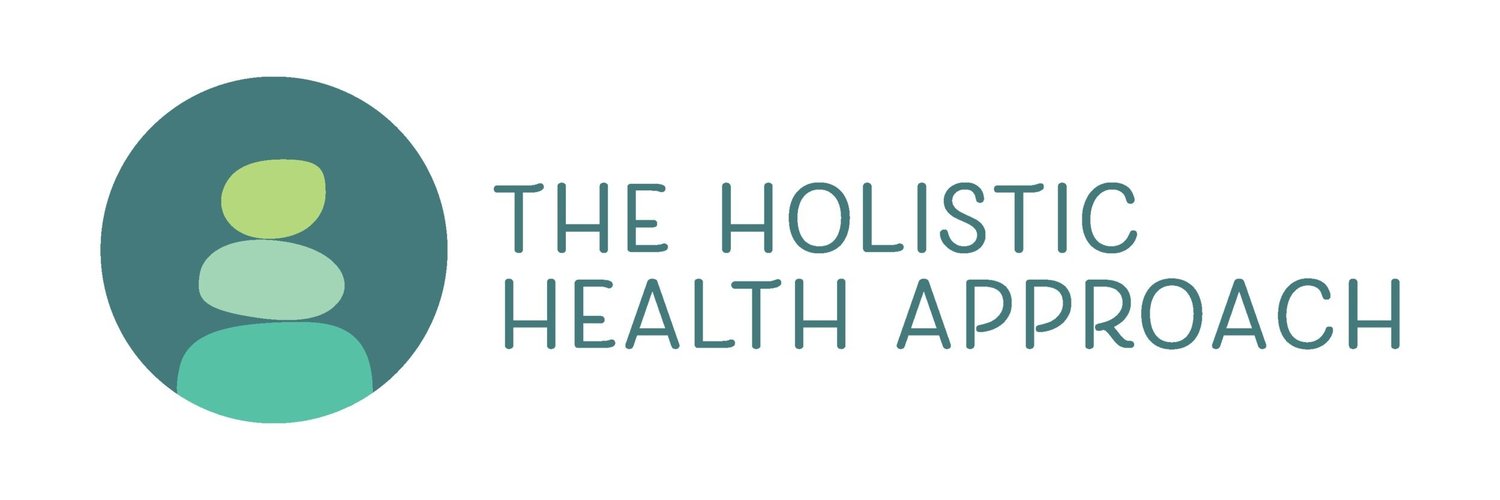Nutrition is a Journey
If at first you don’t succeed, try, try again. – William Edward Hickson
If you’ve walked through your local bookstore lately, you have been witness to the state of our nutrition culture. There are thousands of diet books, each preaching their virtues of why they believe their book is “the” book that will help you lose weight and get healthier. This overflow tells us two things: First, we are a diet crazed country; second, there really is no one specific diet that works for everyone. If there was such a thing, we would all be following it and there would be no obesity epidemic.
The truth is that we are all unique creatures. Your best friend may have great success on a nutrition plan and swear it’s the best diet ever. You try it…and nothing changes. When results do not come, you then chastise yourself by thinking you are a failure. In reality, it is just the opposite. You did not fail the diet, the diet failed you. The trick is finding what works for you. Maybe your body thrives on a higher fat diet and crashes on a higher carbohydrate diet, or vice versa. A high protein diet may upset your stomach or lean out your body with no ill effects.
The good news is that you don’t need to buy every diet book out there to find what works best for you! You simply need to embrace the science nerd in you and become your own experiment. Here are some quick guidelines to help you:
Start reducing highly processed foods. Although there is no perfect diet, there are still some general guidelines to enhance your nutrition. This is number one. Most processed foods are full of chemicals, altered sugars, artificial colors and sweeteners, excessive sodium and trans fats. All of these compromise health, especially when eaten in excess. If this is the only change you make, you will feel and see the difference.
Start increasing whole foods. Foods in their natural form are nutrient dense and packed with flavor. Who needs a ton of chemicals to enjoy a plate of caramelized roasted root vegetables? As you reduce your intake of chemical-laden foods, you really start to notice and appreciate the wonderful flavor of real food.
Start with breakfast. Breakfast is what fuels you for the day. It literally breaks the fast since your last meal 8-14 hours ago. If you do not already eat breakfast, start now. It helps regulate your appetite for the rest of the day and sets the tone for your morning energy. If you do eat breakfast, start experimenting. Does a bowl of steel cut oats sustain you longer than a protein smoothie? Does a veggie omelet power you through the morning more than a nonfat yogurt?
Experiment with lunch and dinner. Once you find some breakfasts that work well for you, it’s time to test out lunch and dinner. If you are properly fueling yourself throughout the day you may notice you don’t need a lot of carbohydrates in the evening. Perhaps you find you do really well with a high quality fat at dinner.
Decide if you need snacks. Not everyone needs to snack throughout the day. There are advantages and disadvantages. If you cannot stomach a big healthy meal, quality snacks may help you sustain energy throughout the day. If your job limits the opportunity for snacks, however, it’s better to plan accordingly.
Pay attention to how you feel. Part of experimenting is taking note. You don’t necessarily need to keep a journal. However, if you don’t pay attention to how your body responds to the food you are providing it, you may miss very subtle clues.
Slow down. This coincides with paying attention. If you race through every meal and snack to get to your next task, you miss so much. You skip truly tasting the food, you miss clues to when you’re getting full, and you decrease digestion missing out on precious nutrients.
Feel free to experiment with some nutrition books that are not too extreme, such as the ones that promise to lose 10 pounds in one week. Or better yet, find a local holistic nutritionist to help you understand macronutrient balance and high quality foods.
Life cannot be sustained without nutrition. As in life, nutrition will lead in multiple directions. Follow a path to see what you find. If you falter along the way, it becomes a lesson directing you to a different path. Nutrition is a journey. Embrace the journey and you will find the nutrition path that is meant for you.

